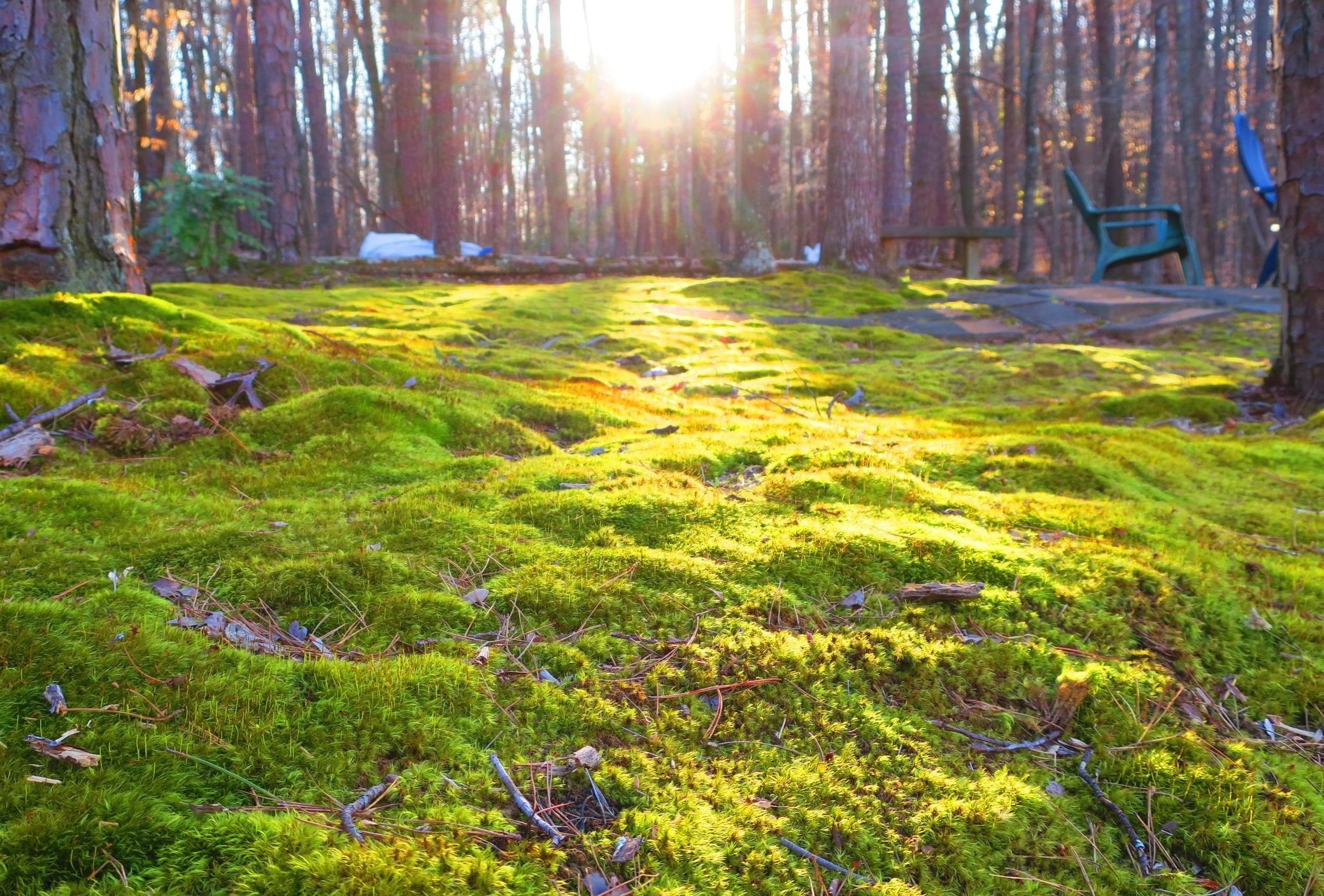
A bit about Mindfulness and our Root Teacher

“Our own life has to be our message” - Thich Nhat Hanh
-

What is mindfulness?
Mindfulness is always mindfulness of something. We can be mindful of brushing our teeth, mindful of walking down the street, mindful of the sound of our cellphone, or of our breathing.
Mindfulness means to live in awareness and not forgetfulness. Mindfulness is moment-to-moment awareness of our own breath, body and mind, and of what is going on around us. Living mindfully we are nourished by what we discover in the present moment—the wonders of life that we had not appreciated before—and we have a chance to take gentle care of any tension or pain we notice. We are not weighed down by thoughts about the past, nor carried away by anxieties or fears about the future. We are fully available to life, and can generate the space and clarity we need to handle difficult situations, decisions or emotions. Developing habits of mindfulness in our daily life brings freshness, peace and joy, and enables us to live our life deeply.
For more information on the art of mindful living, you may visit the Plum Village website, or see these bestseller books by Thich Nhat Hanh:
The Miracle of Mindfulness (a classic manual with many editions, first pub. 1976)
Peace is Every Step (1991)
Anger: Buddhist Wisdom for Cooling the Flames (2001)
To go deeper into specific mindfulness exercises as studied and practiced at Plum Village, you may like to read Thich Nhat Hanh’s books:
Happiness (2009)
Transformation and Healing: The Four Establishments of Mindfulness (2006)
Breathe! You are alive: The Sutra on the Full Awareness of Breathing (1992)
-

Why Mindfulness?
Mindfulness, practiced in the Buddhist tradition for over 2,500 years, has in the 21st Century become a scientifically-proven way to ease stress, anxiety, depression and physical pain. Research has been pioneered by neuroscientist Richard Davidson at the University of Wisconsin, and there are now several dedicated Mindfulness Research Centers, for example at UCLA and the University of Massachusetts. In the UK, the Oxford Mindfulness Centre was established in 2007 under the auspices of the University of Oxford and the NHS to further the research of Professor Mark Williams. Mindfulness methods have now been integrated into healthcare settings and developed by healthcare professionals and psychologists to deal with a wide range of suffering, including chronic pain, stress-related physical problems, emotional conditions, depressions, addictions and anxieties.
-

Thich Nhat Hanh
Thich Nhat Hanh was a Zen Buddhist monk and a prolific author on mindfulness and Engaged (or Applied) Buddhism. His international community of monks, nuns and lay practitioners apply his teachings on mindfulness, peace-making, community-building and serving society in practice centres in France (Plum Village in the South West and Maison de L’Inspir’ in Paris), Germany (the European Institute of Applied Buddhism), America (Deer Park Monastery in California, Blue Cliff Monastery in New York, Magnolia Village in Mississippi), Hong Kong, Australia and Thailand.
Zen Master Thich Nhat Hanh and his students have given public talks, and led peace walks and retreats at the United States Congress, the Parliament of India, UNESCO and at the World Parliament of Religions. Every year Plum Village teachers lead retreats on mindfulness in dozens of countries world-wide, including—beyond Europe—South Africa, Botswana, Brazil, Japan, Taiwan, New Zealand, Indonesia, Malaysia, Singapore and Canada.
Thich Nhat Hanh was not just committed to teaching mindfulness, but also to applying mindfulness and peace to the wider issues facing humanity today. He has led retreats and published books on ecology (The World We Have, 2008), peace-making in the Middle East, mindfulness in prisons, interfaith dialogue (Living Buddha, Living Christ, 1995) and on Buddhist Psychology and neuroscience. In 2009 Thich Nhat Hanh released a new text towards a universal Global Ethic, the Revised Five Mindfulness Trainings. These simple, inspiring tenets express, in non-religious terms, a vision of an ethical way to live at peace with ourselves, one-another and our planet.
Plum Village retreats and practices have long had a very young following. Plum Village’s annual Summer Opening attracts over 2,000 families and young people from all over the world to come and practice mindfulness in a peaceful atmosphere alongside monks and nuns. Plum Village monks and nuns, the majority of whom are under 35 years old, follow the path of personal transformation and joyful, engaged service expressed in the Fourteen Mindfulness Trainings.
Every year these monastics lead retreats for young people in Plum Village and across Europe. The Wake Up Movement, an active international community of young people practicing mindfulness in the Plum Village tradition, was formally established in 2008.
Kiss the Earth
By Thich Nhat Hanh
Walk and touch peace every moment.
Walk and touch happiness every moment. Each step brings a fresh breeze.
Each step makes a flower bloom.
Kiss the Earth with your feet.
Bring the Earth your love and happiness.
The Earth will be safe
when we feel safe in ourselves.
